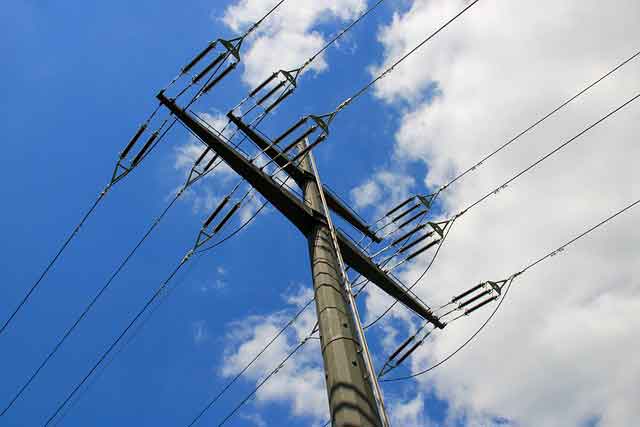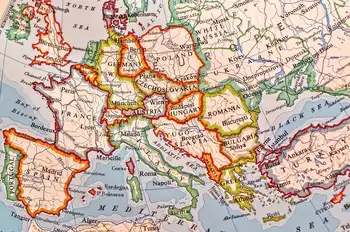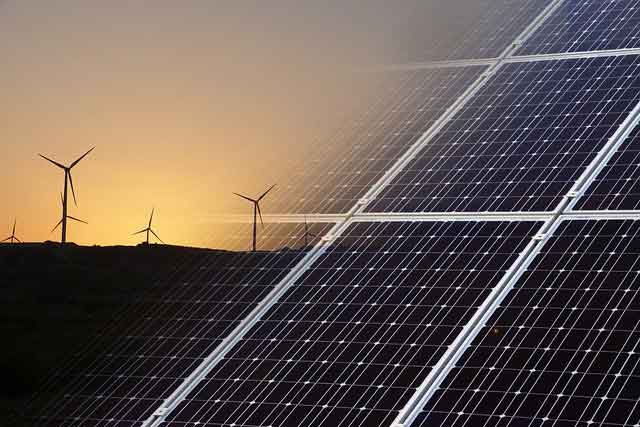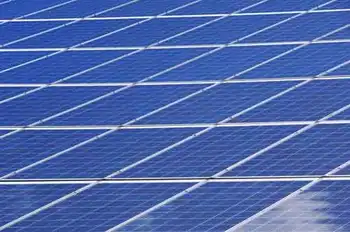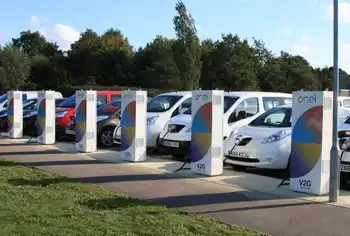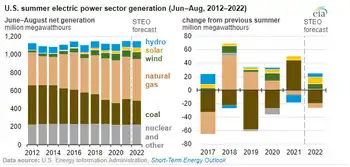PA Coal Alliance Addresses House and Senate Coal Caucuses on Impacts of Proposed EPA Rule
By Pennsylvania Coal Alliance
High Voltage Maintenance Training Online
Our customized live online or in‑person group training can be delivered to your staff at your location.

- Live Online
- 12 hours Instructor-led
- Group Training Available
As proposed, Pennsylvania would reduce carbon emissions by 32 percent over 2012 levels, prematurely transferring utilities away from coal to less reliable sources of electricity. The Pennsylvania Department of Environmental Protection DEP projected, if the rule is enacted as proposed, coal use by Pennsylvania's coal fleet will decrease by 68 percent, jeopardizing the 36,000 industry-related jobs and the annual $4 billion contribution to the state economy.
Coal continues to provide 40 percent of Pennsylvania's electric supply, securing the state's footing as one of the top three electric-generating states and providing stable and reliable electric rates both lower than the national average and 17-37 percent lower than its neighboring northeastern states.
There are 2.4 million middle to low-income families in Pennsylvania that spend 19 - 22 percent of their after-tax income on energy. According to a study by the National Economic Research Associates, rule compliance will raise Pennsylvania's electric rates 14 - 22 percent. "The EPA has taken advantage of the current market conditions to deliver a devastating blow to the coal industry. While the price of natural gas is sure to fluctuate and the demand for electricity to rise as the economy strengthens, this regulation will be the cheap shot that cripples the industry from rebounding when the demand market returns," Pippy said.
Total carbon emissions from the U.S. coal-fired fleet are declining and account for less than 3 percent globally. The Energy Information Administration reports non-U.S. carbon emissions are projected to grow by 41 percent between 2010 and 2030.
As the U.S. is forced to divest from coal and electric rates increase, jobs in energy intensive trade-exposed industries such as steel, manufacturing and chemicals that Pennsylvania relies on will go overseas where electricity from coal-fired power plants is cheaper, but the process is far less environmentally friendly. This will essentially be a transfer of emissions globally, while the Commonwealth loses the economic benefit and more carbon emissions are added to the same air. Governor Wolf and DEP Secretary Quigley's recent comments on protecting the role of coal in Pennsylvania and the Commonwealth's position as a net energy exporter when developing this plan has given the industry hope. However, without significant changes, the proposed rule does not give enough flexibility for coal to remain viable in Pennsylvania. Pippy concluded by commending the House and Senate Coal Caucuses for taking the lead on this issue and working to protect the Commonwealth from the proposed rule's impacts on the state's economy, jobs and ratepayers.





